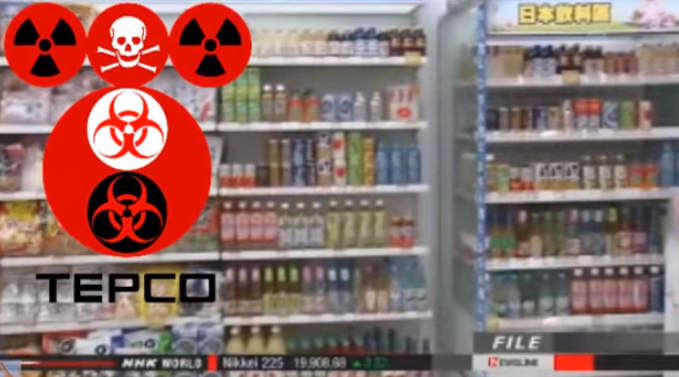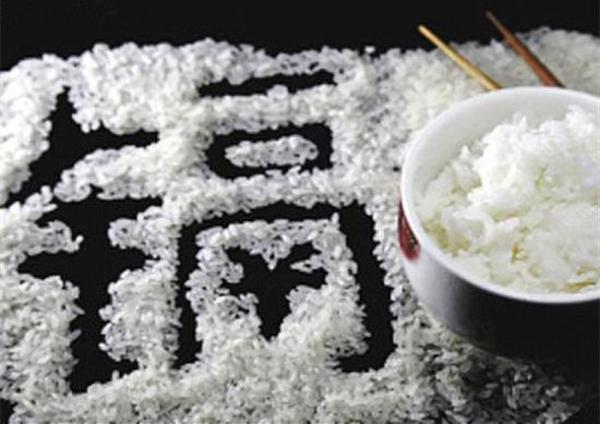
Advertisement
Rice is the staple of the Japanese diet. Following the Fukushima disaster, however, many residents feared this much beloved, cultivated good had become tainted by radiation spewing from the nuclear reactors.
Concerns about the safety of rice near the power plant were recently rekindled. Many Fukushima residents suspect the Nuclear Regulation Authority (NRA) was involved in a cover up, which tried to assert rice patties harvested in 2013 were not tainted by debris-removal work at the Fukushima No. 1 nuclear reactor. In an effort to get at the kernel of truth about the kernel of rice, officials are launching a full-scale investigation of the NRA.(1)
The assembly unanimously agreed to conduct an investigation during a regular session that began on Dec. 2, following a petition signed by citizens part of a group dubbed, “Genpatsu-jiko no Kanzen-baisho o Saseru Minami-Soma no Kai.” The organization is demanding full compensation for the nuclear catastrophe from the company in charge of the Fukushima Daiichi site, TEPCO, and the Japanese government.(1)
“The government should continue a scientific investigation so that farmers can be engaged in rice farming without anxieties, and accurate information can be conveyed to citizens in evacuation,” read the petition.“Suspicions remain that the NRA concealed facts with the intention of reaching that conclusion,” it continued.
The price of rice
Officials have been struggling to produce rice in the Fukushima Prefecture that could pass radiation checks. According to the Fukushima official Tsuneaki Oonam, approximately 360,000 tons of rice, almost all of the rice harvested in 2014, failed to pass government safety levels and had to be destroyed.(2)
Authorities began testing rice grown in the Fukushima Prefecture in 2012, a year after the initial accident. Nevertheless, the amount of rice harvested over the years has been insignificant. Approximately 190 safety devices are used to ensure the rice meets safety standards.(3)
Oonam tried to ease worries about the toxicity of the rice by assuring the public radiation levels in the rice had steadily declined since the nuclear accident, despite failing to pass safety tests. “The fact that the amount of rice that does not pass our checks has steadily reduced in the last three years indicates that we’re taking the right steps,” he said
Such statements have not eased public concern. A 2013 study published in the American Genetic Association’s Journal of Heredity found that rice in the Fukushima Prefecture exposed to low levels of radiation resulted in oxidative stress, which cultivated into cell death.(2)
The agriculture ministry raised the possibility that efforts to remove radioactive debris from the Fukushima Daiichi site resulted in the contamination of rice paddies in Minami-Soma about 20 kilometers away. The NRA never pinpointed the source of the contamination and the government decided to discontinue the investigation.
Citizen petition urges city to investigate NRA
The citizen’s group petition was originally submitted to a regular assembly session in September, which urged the city to meticulously investigate how the NRA reached its conclusion and to gather information from scholars.
The NRA public relations office has yet to respond to the matter. “As the documents of the petition were not issued to the NRA, we cannot make a comment,” the office said to The Asahi Shimbun.(2)
RA Chairman Shunichi Tanaka has claimed that determining the cause of the contamination is a job for the agricultural industry rather than the NRA. “I absolutely cannot accept that,” Minami-Soma Mayor Katsunobu Sakurai said.(2)
Japan exported its first rice since the Fukushima disaster in August, which included a 300-kilogram batch delivered to Singapore. Although the rice received a clean overall rating, the Fukushima Prefecture plans to continue its radiation testing program.(3)
Sources include:
(1) AJW.Asahi.com
(2) RT.com
(3) TheEcologist.org
Advertisements







